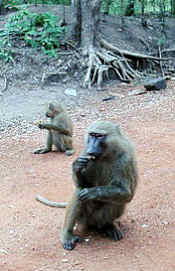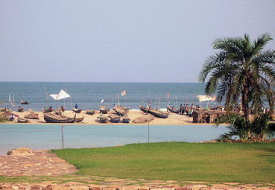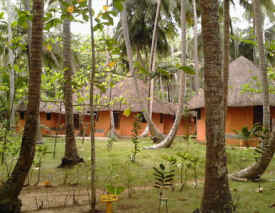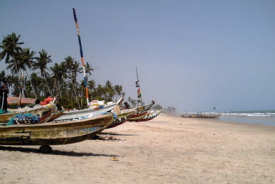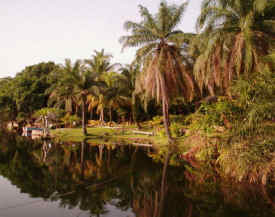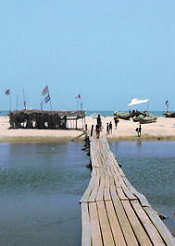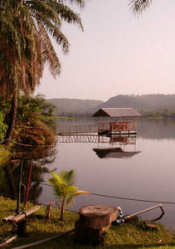Accra, Ghana Report of what it's like to live there
Personal Post Experiences from Accra, Ghana
-
Accra, Ghana
07/24/25
Accra, Ghana
06/30/25
Accra, Ghana
08/26/24
Accra, Ghana
09/22/23
Accra, Ghana
11/16/22
Accra, Ghana
09/15/22
Accra, Ghana
03/01/22
Accra, Ghana
11/04/19
Accra, Ghana
05/04/19
Accra, Ghana
04/18/18
Accra, Ghana
08/04/17
Accra, Ghana
04/06/17
Accra, Ghana
08/11/16
Accra, Ghana
05/04/14
Accra, Ghana
04/24/12
Accra, Ghana
08/09/11
Accra, Ghana
06/11/11
Accra, Ghana
02/24/10
Accra, Ghana
02/05/10
Accra, Ghana
05/24/09

